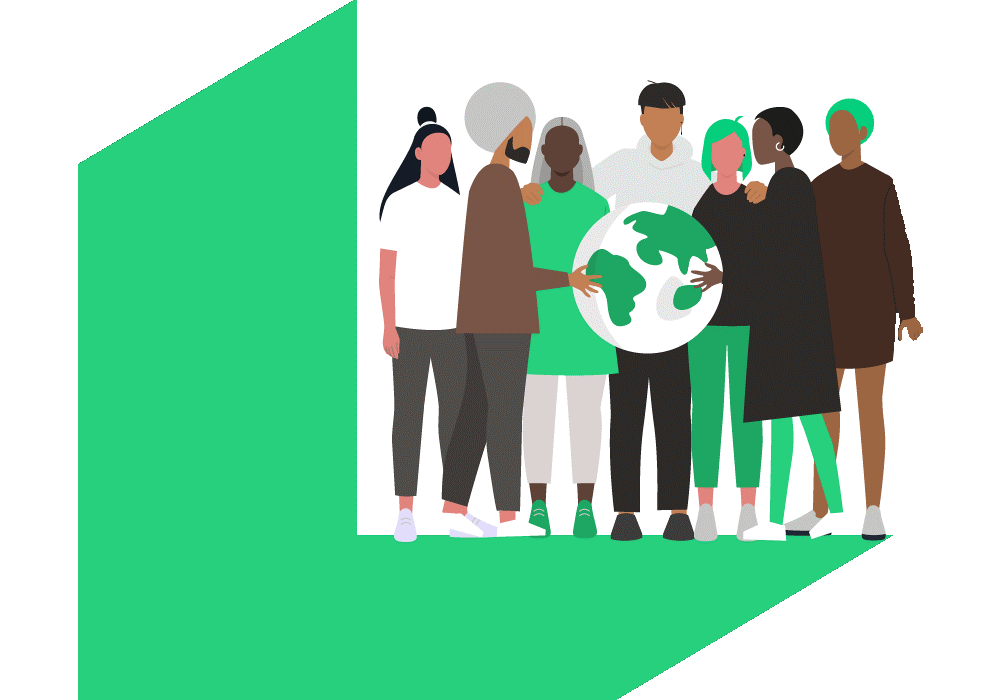
Global Citizenship Toolkit
Global Citizenship Toolkit
Toolkit collated by Dr Harriet Marshall
What Does Global Citizenship Education Mean?
Global citizenship education (GCED) can be interpreted in slightly different ways, but in the UK, there are a variety of texts, policies, projects and resources to explore depending upon the angle you are interested in approaching GCED from.
For example, GCED and global learning have been used as umbrella terms for a large range of global learning specialisms from education for sustainable development and environmental education, to peace and human rights education, international and intercultural education. Key international frameworks guiding global learning include the Universal Declaration of Human Rights, Target 4.7 of the Sustainable Development Agenda (17 goals for a more just and sustainable world signed by 193 UN member states) and the World Programme for Human Rights Education amongst others.
At a national level the policy has a long and complex past where we have had recommendations on embedding a global dimension and, most recently, recommendation for Sustainability and Climate change education.
Amongst all this, an oft quoted definition comes from Oxfam who have produced excellent guides around global citizenship education:
Education for global citizenship is a framework to equip learners for critical and active engagement with the challenges and opportunities of life in a fast-changing and interdependent world. It is transformative, developing the knowledge and understanding, skills, values and attitudes that learners need both to participate fully in a globalised society and economy, and to secure a more just, secure and sustainable world than the one they have inherited. (Oxfam, Education for Global Citizenship, p5)
And increasingly Sustainable Development Goal 4, target 7 (known as 4.7) is being referenced:
4.7: By 2030 ensure all learners acquire knowledge and skills needed to promote sustainable development, including among others through education for sustainable development and sustainable lifestyles, human rights, gender equality, promotion of a culture of peace and non-violence, global citizenship, and appreciation of cultural diversity and of culture’s contribution to sustainable development.
Global citizenship education is regularly accompanied by pedagogical theories linked to transformative learning, postcolonialism, critical pedagogy, problem-based learning, futures thinking, values based learning, and participatory and experiential methodologies. Concepts such as power, control, sustainable development, cultural capital, equality and social justice are regularly at the heart of resources and projects.
Global Citizenship Education Resources, Recommendations and Further Reading
As education for and about social justice is a fundamental part of most quality global citizenship education resources or recommendations, it may not be surprising to learn that the charity and NGO sector are very active in supporting schools, teachers and young people with global citizenship and sustainable development education projects. From local Development Education Centres and organisation collaborations around SDG 4.7 such as Our Shared World, to national awards like UNICEF’s Right’s Respecting School Awards or the British Council’s International School Award, to organic international projects like #TeachSDGs and innovatory global citizenship teaching tools like Lyfta. With this in mind, below can only ever be a small sample of the resources out there and luckily a global dimension portal exists to help us discover more! There is also a growing body of research and theory around global learning practice both nationally (see the International Journal for Development Education and Global Learning) and there are a variety of postgraduate options for researching in this field further (e.g. see IOE’s Global Learning MA).
The Diverse Educators’ Global Citizenship Toolkit
- Question Sequence 1: What is the world like and how is it changing? What skills, knowledge and values do young people need to thrive in this world? Are we currently adequately supporting the development of these in schools?
- Question Sequence 2: Is there a difference between sustainable development education and global citizenship education? If so, does it matter? Why? What global learning terminology do you think is most appropriate and why?
- Question Sequence 3 (when reviewing GCED resources, programmes or activities): Whose global citizenship ideal is the most powerful here? Is this ‘critical’ global citizenship? How is global social justice understood?
How can we include more human and nature perspectives in our curriculum and why is it important to do so?
How can we measure the impact of global citizenship education activities?
How can we make global citizenship education embedded across whole school curriculum and practice?
What are the biggest obstacles to quality GCED?
Articles
International Journal of Educational Development, Volume 81.
Mina Chiba, Manca Sustarsic, Sara Perriton, D. Brent Edwards, (2021) Investigating effective teaching and learning for sustainable development and global citizenship: Implications from a systematic review of the literature.

